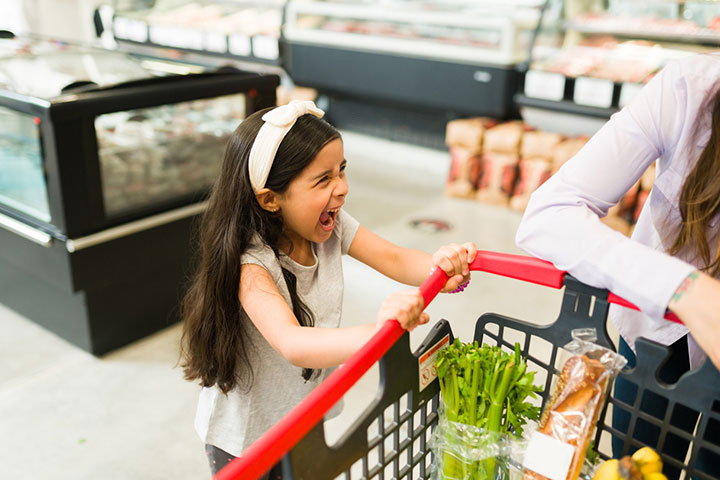
Young children who have poor self-regulation skills tend to have poorer health and behavior outcomes.

After the test, the children were followed for over five decades, tracking how the ability to exercise self-control correlated with various life outcomes.Ĭhildren who resisted had higher SAT scores, educational attainment, sense of self-worthiness, and ability to cope with stress (Mischel et al., 1972).

Sixty-seven percent (67%) of the children could not resist, which indicated a lower level of self-control. The original study put a marshmallow in front of preschool-aged children and told them if they waited 20 minutes, then they would get a bigger snack (Mischel, 2014). One of the most widely known studies followed children for over five decades (Mischel, Ebbesen, & Raskoff-Zeiss, 1972). The ability of children to control their impulses is a key factor in long-term success. Several research studies have examined the impact of self-control.
LACK OF SELFCONTROL WITH FOOD HOW TO
It is also important for them to understand how to cope when these two constructs do not align and healthily balance their emotional responses. It is important for children to have the space to develop their perception of the world around them and understand how their desires coincide. This model emphasizes that self-control is a multi-step process that can go through several cycles and iterations. The individual’s desire to engage in action based on their perception of the world and desired state of the world. Whether their perception of the world is good or bad. How an individual perceives what is happening and what it looks like to them. A valuation system comprises four parts, which are broken down below (Ford & Gross, 2018):Ĭhanges to external and internal factors in the person’s environment. The process model also emphasizes that emotions fundamentally involve valuation, which is a determination of what is good for someone versus what is bad for them. However, the process model emphasizes that response tendencies that develop over time and our emotional responses are partly determined by which situations we select from a range of options (Augimeri et al., 2018). The ego depletion model suggests that self-control relies on a limited energy source, and every attempt to harness self-control results in a depletion of that energy.

One of the central models in the self-control literature is the ego depletion model.

’s Relevant Resourcesīefore understanding the meaning of self-control, first we need to understand the meaning of the ‘self.’ The ‘self’ is an individual’s sense of being an autonomous agent with their own independent thoughts and behaviors.Īlthough ‘control’ can be associated with a child who willingly complies with directives from adults, the ability to truly self-regulate is autonomous and self-initiated (Duckworth, Szabo-Gendler, & Gross, 2014).4 Techniques for Fostering Self-Control.These science-based exercises will explore fundamental aspects of positive psychology including strengths, values, and self-compassion, and will give you the tools to enhance the wellbeing of your clients, students, or employees.
LACK OF SELFCONTROL WITH FOOD DOWNLOAD
Several worksheets and games are also provided to help children practice self-control techniques.īefore you continue, we thought you might like to download our three Positive Psychology Exercises for free. This article defines self-control in kids and provides techniques to facilitate self-control in young children. To facilitate a child’s development and ability to cope with difficult situations, it is important to introduce self-control strategies through play and interactive activities. When children lack the ability to facilitate self-control, it can make them more prone to poor emotional outcomes and affect their long-term happiness (Augimeri, Walsh, Donato, Blackman, & Piquero, 2018). Self-control and regulation are key skills to facilitate in young children, as failure to develop sufficient self-control can have a lasting impact. Dealing with difficult emotions is hard for young children.


 0 kommentar(er)
0 kommentar(er)
